The highly anticipated arrival of Android 15 brought with it a groundbreaking feature: Auracast. This Bluetooth Low Energy (LE) Audio broadcasting technology allows users to stream audio from their phone to multiple Bluetooth headphones or speakers simultaneously. Imagine watching a movie with friends and everyone having perfect audio sync on their own headphones – that’s the magic of Auracast.
However, a recent report suggests Google might not enable Auracast functionality on all Pixel devices within its lineup. This unexpected turn of events has left many Pixel users feeling disappointed and confused. Let’s delve deeper into the details surrounding this potential limitation and explore the possible reasons behind Google’s decision.
The Power of Auracast: Sharing Audio Made Simple
Auracast represents a significant leap forward in Bluetooth audio sharing. Previously, users could only share audio with one Bluetooth device at a time. Auracast removes this limitation, allowing for a truly multi-user audio experience.
Here’s a breakdown of what Auracast offers:
- Simultaneous Streaming: Stream audio to multiple Bluetooth headphones or speakers simultaneously, perfect for sharing music, movies, or podcasts with friends or family.
- Improved Audio Quality: Auracast utilizes the capabilities of Bluetooth LE Audio to deliver high-quality audio with lower latency compared to traditional Bluetooth connections.
- Energy Efficiency: Bluetooth LE Audio technology boasts improved energy efficiency, ensuring longer battery life for both the broadcasting device and connected receivers.
With these features, Auracast has the potential to revolutionize the way we share audio on the go. However, Google’s potential decision to limit Auracast functionality on some Pixel devices could significantly hinder the widespread adoption of this innovative technology.
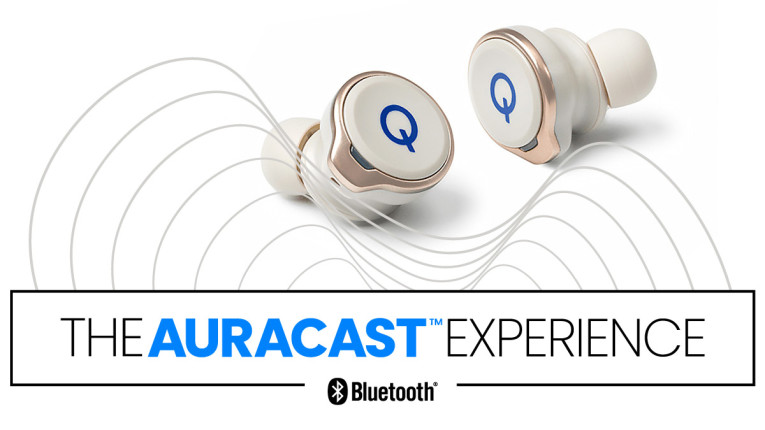
Limited Auracast for Leading Pixels? Exploring Google’s Rationale
The report suggests that Google might restrict Auracast functionality to “leading phones” within the Pixel lineup, potentially excluding mid-range devices like the Pixel 7a and the recently launched Pixel 8a. Here are some possible explanations for this move:
- Hardware Limitations: Perhaps certain Pixel models lack the necessary hardware components to support Auracast effectively. Implementing and optimizing Auracast might require specific Bluetooth chips or processing power not present in all Pixel devices.
- Phased Rollout Strategy: Google might be adopting a phased rollout approach, enabling Auracast on flagship devices first and then gradually expanding compatibility to other Pixels in a future software update. This could allow them to gather user feedback and address any potential issues before wider adoption.
- Marketing Strategy: Limiting Auracast to premium Pixels could be a marketing tactic to incentivize users to upgrade to higher-tier devices. While this approach might boost sales, it would leave behind users with older or mid-range Pixel models.
The exact reasons behind Google’s decision remain unclear. However, a lack of transparency could lead to frustration among Pixel users who were eagerly anticipating the arrival of Auracast on their devices.
The Backlash: Disgruntled Pixel Users Voice Concerns
The news of Auracast potentially being limited on Pixel devices has sparked a wave of discontent amongst Pixel users. Here are some of the concerns being voiced:
- Fairness and Fragmentation: Users feel it’s unfair to exclude certain Pixel models from a major functionality like Auracast. This could lead to fragmentation within the Pixel user base and create a sense of having a “lesser” device.
- Planned Obsolescence: Some users worry that this move might be a way for Google to push users towards upgrading their devices more frequently.
- Missed Potential: Limiting Auracast restricts its potential user base, hindering the overall adoption and growth of this innovative technology.
These concerns highlight the importance of Google providing clear and concise communication regarding its decision.
A Look Ahead: The Future of Auracast on Pixel Devices
The potential limitation of Auracast on some Pixels raises questions about the future of this technology and Google’s approach to software updates for its devices. Here are some points to consider:
- Community Response: The negative response from users could pressure Google to reconsider its decision and potentially include Auracast on a wider range of Pixel devices, even if it requires a software update to optimize performance.
- The Importance of Transparency: Clear communication from Google regarding the limitations of Auracast and the rationale behind its decision is crucial to managing user expectations and maintaining trust within the Pixel community.
- The Evolving Tech Landscape: As technology advances, hardware limitations that might currently restrict Auracast compatibility could be addressed in future Pixel models, allowing for wider adoption of this functionality.
The coming weeks and months will likely reveal Google’s official stance on Auracast availability on Pixel devices. Hopefully, a solution will emerge that allows a wider range of Pixel users to experience the benefits of this innovative audio sharing technology.
The Final Word: A Call for Inclusivity and Transparency
The potential limitation of Auracast on some Pixel devices highlights the importance of inclusivity and transparency in the tech industry. Users deserve access to cutting-edge features, regardless of the specific Pixel model they own, whenever possible.
Here are some potential ways forward:
- Software Optimization: If hardware limitations are the primary concern, Google’s engineers might be able to optimize Auracast functionality through software updates, allowing it to run on a wider range of Pixel devices.
- Alternative Solutions: While Auracast is a significant advancement, Google could explore alternative solutions for multi-device audio sharing that are more compatible with a wider range of Pixel hardware.
- Clear Communication: Regardless of the final decision, Google must clearly communicate its plans for Auracast on Pixel devices. This transparency will help users understand the limitations and manage their expectations.
By prioritizing inclusivity and fostering open communication, Google can ensure that all Pixel users feel valued and have access to the latest features whenever possible. After all, a thriving Pixel user base is key to Google’s success in the ever-evolving mobile landscape.
The arrival of Auracast marks a significant step forward in the way we share audio on our smartphones. While the potential limitation on some Pixel devices might seem like a setback, it also presents an opportunity for Google to demonstrate its commitment to inclusivity and transparency within the Pixel ecosystem. By prioritizing user experience and fostering open communication, Google can ensure that Auracast, and future innovations, reach their full potential and benefit the entire Pixel user base.







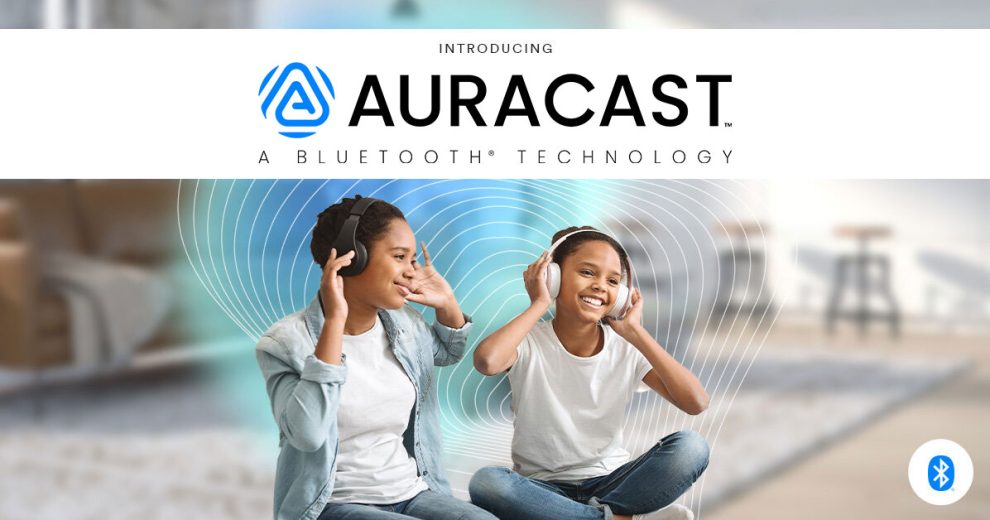
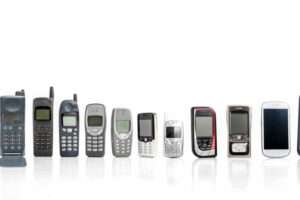
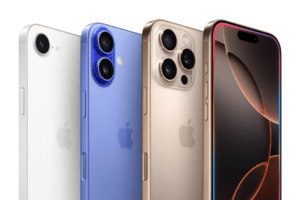
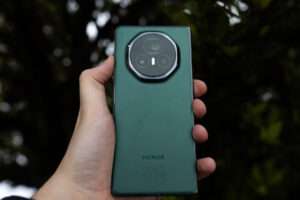





Add Comment